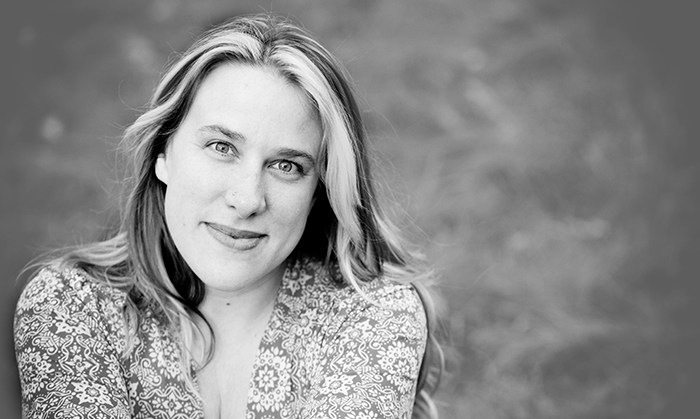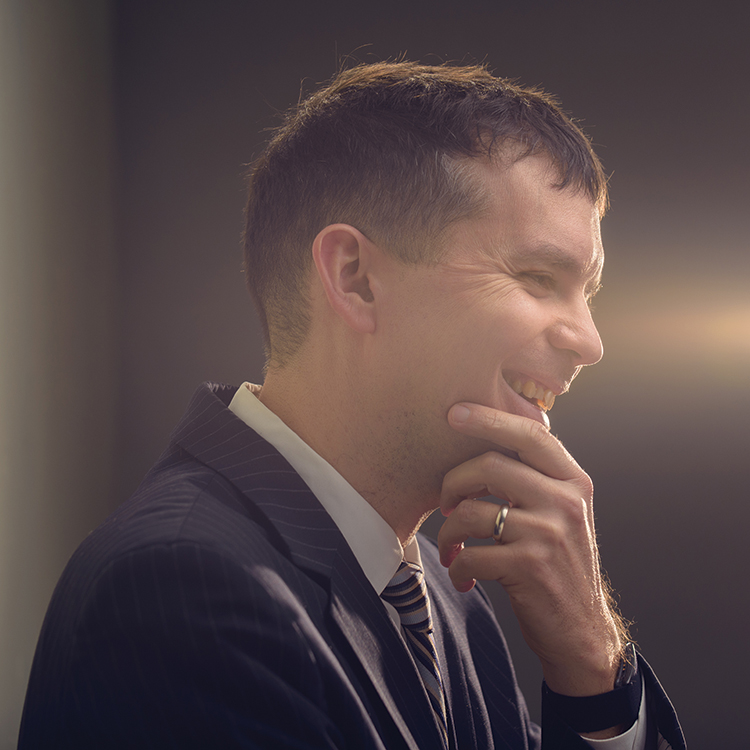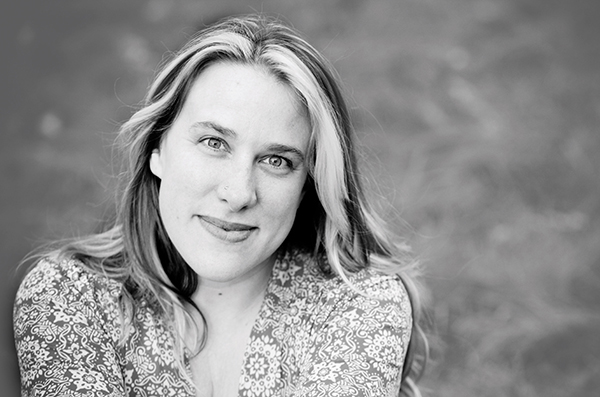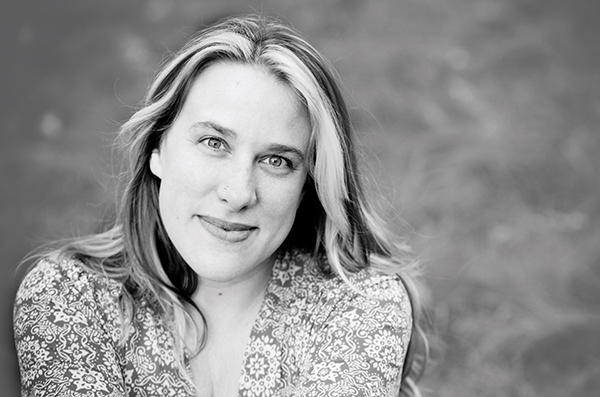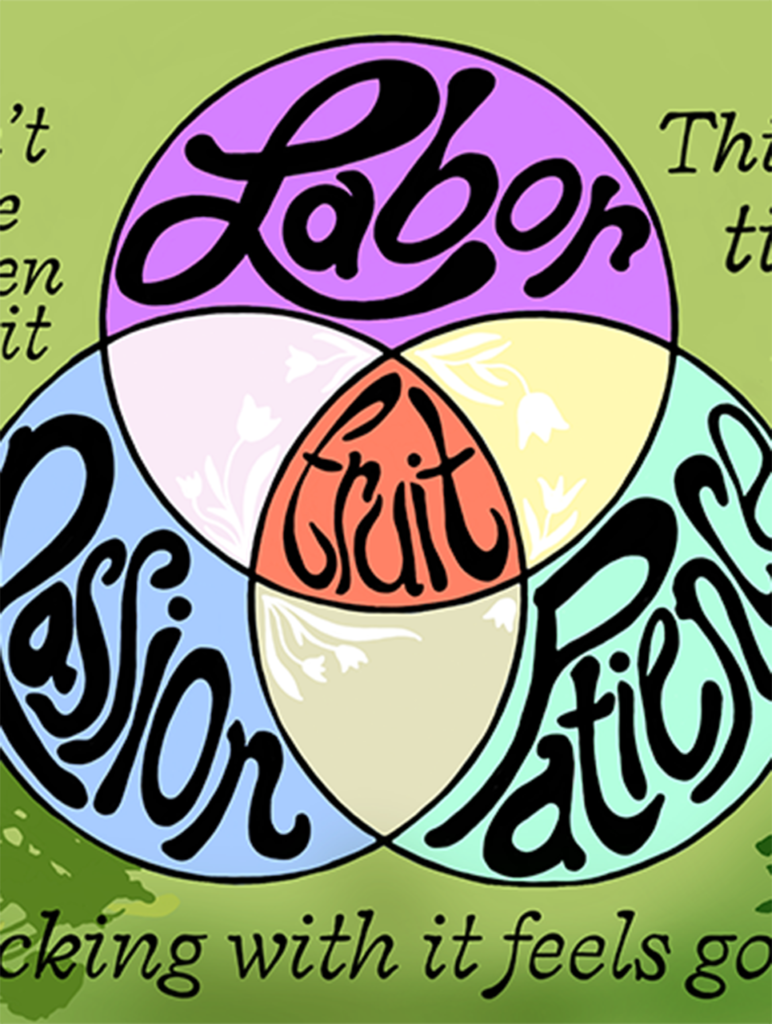Climate Change, Inc.
by Heather Shayne Blakeslee
Oklahoma Senator James Inhofe (R), one of America’s most influential climate science deniers, famously threw a snowball on the floor of the Senate this past February, his way of calling for calm amid what he calls climate change “hysteria.” It was a publicity stunt that is, unfortunately, emblematic of elected officials who are thinking short-term (and of their own terms) rather than consequences over the long haul.
October Senate hearings with U.S. Special Envoy for Climate Change Todd Stern, who is serving as the U.S. representative at United Nations climate talks in Paris this month, were less dramatic, but no less instructive: Opening statements from Wyoming Senator John Barrasso (R) claimed that action on climate change will hurt our economy. New Mexico Senator Mark Udall (D) declared investments in renewable energy an economic boon. Mr. Stern told the committee that, “A strong Paris agreement… is in our economic interests, because the costs of inaction properly accounted for will dwarf the costs of acting… no one is better positioned than the United States to win big in the multi-trillion dollar, 21st century marketplace for low carbon energy innovation.”
Everyone is talking about the opportunity, risks and costs of climate change. The estimated price tag of just one superstorm in Philadelphia, according to the Mayor’s Office of Sustainability? Two billion dollars.
While others drag their feet, the City of Philadelphia and entrepreneurs, scientists, and investors across America are getting down to the business of mitigating and adapting to climate change. In the fields of Iowa, wind turbines already produce 30 percent of the state’s electricity; Unilever—an international company worth $126 billion—is voluntarily piloting a sustainable soybean program; and the Iowan-based agroforestry company Versaland, along with the University of Iowa, is helping farmers restore biodiversity to their fields in ways that sequester carbon and reduce the flooding, drought and erosion that currently plague the state’s cornfields.
Established companies are changing course, and next-generation investors and entrepreneurs are taking into account the world they want to live in as point one of their business plans. Case in point: the grandson of superinvestor Warren Buffett. He’s launching i(x) Investments, “a permanently capitalized holding company for investors that want to create long-term economic growth in combination with social impact.” Taking a page from his grandfather’s playbook of long-term holdings, he’s upping the ante and investing only in companies who solve entrenched social problems, like hunger. Here in Philadelphia, GoodCompany Ventures is part of a national initiative that will turn entrepreneurs loose on government climate science data banks to create market-based solutions to mitigation and adaption.
There is good reason to be cynical of turning over the challenge of climate change and pollution to private forces: Unchecked capitalism has created our current predicament. Even companies that have enjoyed environmentally friendly reputations, like Volkswagen, are still capable of malfeasance. But their stock price is suffering from it.
Long-term investment tactics must replace quarterly profit mindsets. President Obama’s decision to kill the Keystone XL pipeline gave up short-term job creation and traded it for the health and wealth of multiple generations; it was less about pure economics and more about America’s image and values. Philadelphia should take note.
Cynical and unprofessional displays meant to divide the public aren’t just happening on the floor of the U.S. Senate—they’re happening in our own city as we ratchet up debate on whether Philadelphia should invest in becoming a petrochemical hub. Spewing out short-term profits at the expense of long-term societal wealth is one investment strategy being considered. But Warren Buffett would probably advise against it.
Heather Shayne Blakeslee
Managing Editor
heather@gridphilly.com


